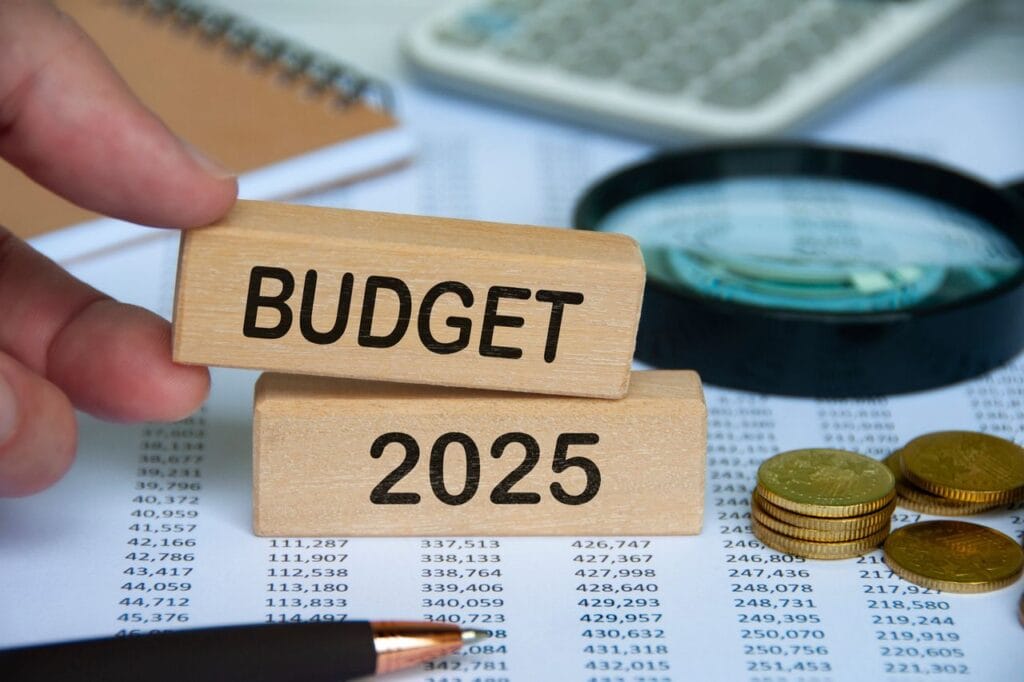The 2025 Finance Bill (PLF) marks a major step in Morocco’s energy policy, with a series of measures aimed at encouraging the adoption of renewable energies and reducing dependence on fossil fuels. These adjustments, focused on the domestic consumption tax (TIC), are part of a comprehensive energy transition strategy, reports the daily newspaper *Les Inspirations Eco* in its December 4, 2024 edition.
### Removal of Exemptions and Increase in Taxes
Among the main provisions of the PLF 2025 is the removal of TIC exemptions applied to coal and heavy fuel oil used for electricity production. At the same time, a gradual increase in taxes on certain energy products is planned:
– **Coal**: from 6.48 to 12.48 DH/100 kg;
– **Heavy fuel oil**: from 18.24 to 24.24 DH/100 kg;
– **Bitumen**: from 45 to 51 DH/100 kg;
– **Lubricating oils**: from 228 to 234 DH/100 kg.
These tariff increases aim to make fossil fuels less competitive, thereby encouraging economic actors to turn towards cleaner energy solutions, such as wind, solar, or hydropower.
### A Tax System in Service of Sustainability
By increasing the costs of fossil fuels, the government seeks to:
1. **Promote renewable energies**: These measures create a financial incentive context to accelerate investments in green technologies, while reducing payback periods for renewable solutions.
2. **Strengthen energy security**: Decreasing Morocco’s dependence on petroleum product imports mitigates vulnerabilities related to fluctuations in international markets.
3. **Meet climate commitments**: These initiatives support the national goal of increasing the share of renewable energies in the energy mix to 52% by 2030.
### A Strong Signal for an Accelerated Transition
Although these measures may lead to additional costs in the short term for businesses and households, they send a clear message: Morocco is firmly committed to building a sustainable energy model. The fiscal reforms adopted in the PLF 2025 are consistent with the national energy strategy and the Kingdom’s climate objectives, while stimulating innovation and investment in the clean energy sector.
With this “green” fiscal shift, Morocco reaffirms its desire to combine economic growth with environmental sustainability.


